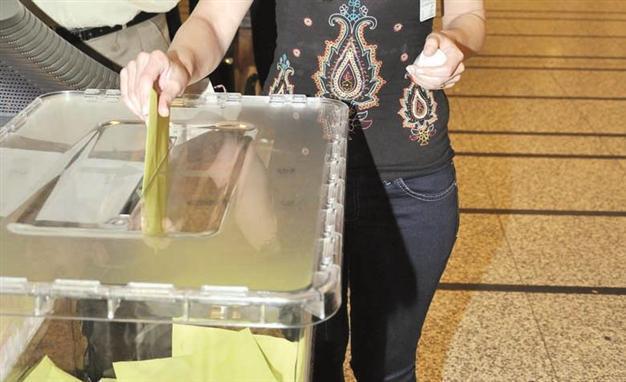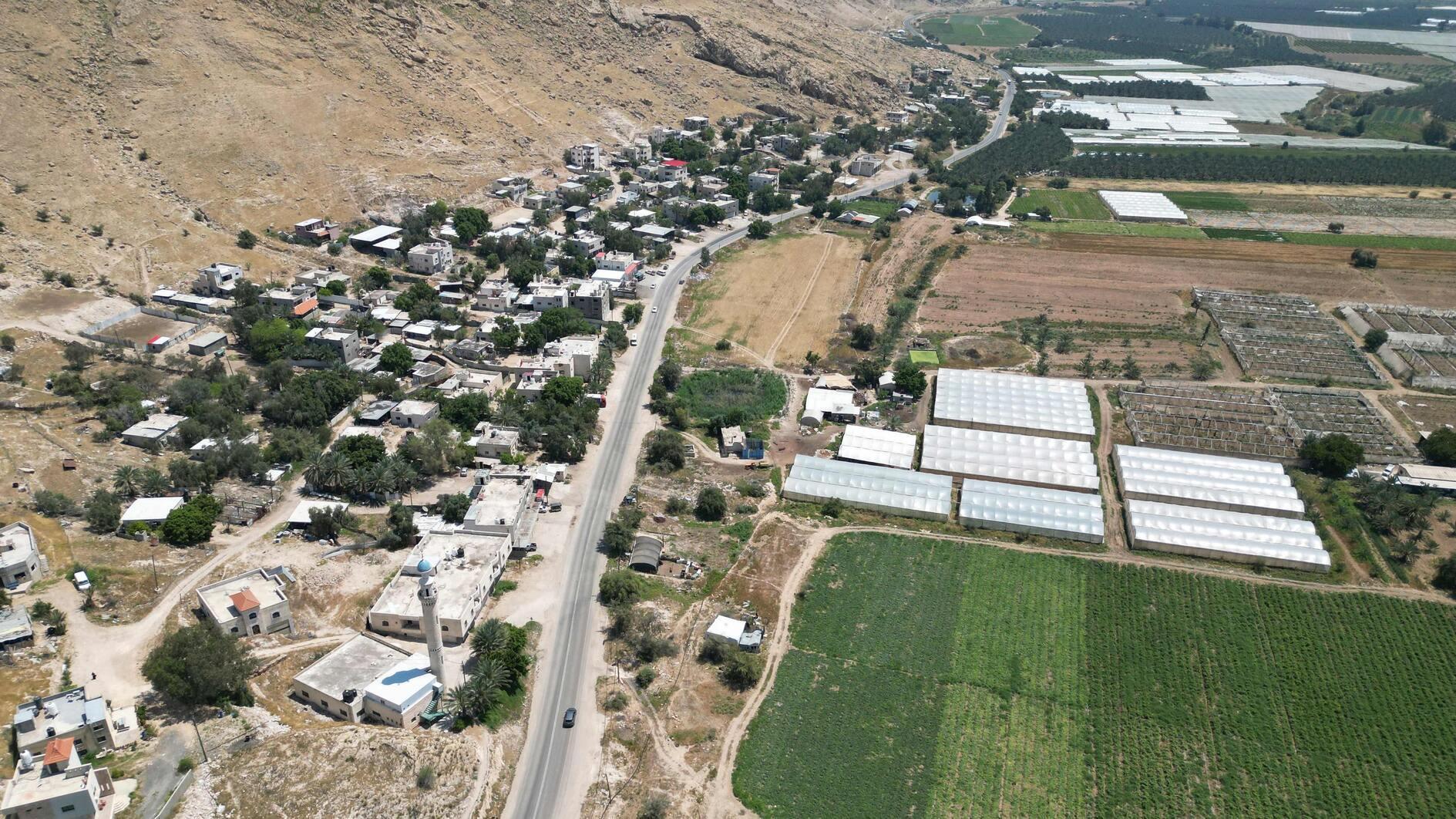Turkish gov’t plans to intensify efforts for early election after budget debate
Nuray Babacan ANKARA
 Turkey’s ruling Justice and Development Party (AKP) plans to formally raise the issue of a possible early election and make the required legislative preparations after the budget debate in Parliament in December.
Turkey’s ruling Justice and Development Party (AKP) plans to formally raise the issue of a possible early election and make the required legislative preparations after the budget debate in Parliament in December. The AKP has already held internal discussions on moving the upcoming parliamentary election, currently scheduled for June 7, 2015, forward to either April or May, mainly due to political and economic developments.
Sources cite the crisis in Iraq and Syria and the emergence of negative impacts from conflicts in the region as the most important reason for the government’s decision to hold an early election. Obstacles to the government-led peace process aimed at ending the three-decade long conflict between Turkey’s security forces and the outlawed Kurdistan Workers’ Party (PKK), as well as a recent regression in economic indicators, are also considered as possible reasons to prompt the government to make such a move.
AKP officials, meanwhile, have publicly cited the central university entrance exam scheduled for June as a reason for such possible rescheduling.
The government plans to raise the issue after the marathon annual budget debate in Parliament that takes place in December, with deliberations over the 2015 Central Governance Budget Law by the ruling and opposition parties at the General Assembly. Budget debates usually take around 10 days.
In line with the plan to bring forward the election, the AKP leadership and the Supreme Election Board (YSK) have exchanged ideas on making amendments to the “appointment system” implemented for the first time in foreign countries during the August presidential election. The government has blamed problems in the system for the low turnout from expatriate voters in the August presidential election.
However, the chief of the YSK has denied that its current work is aimed at preparing for an early election.
“It is unthinkable that the YSK would take a position according to reports in the media. Furthermore, the YSK is not the authority to make a decision for an early election. There is no early election alarm at the YSK,” YSK President Sadi Güven told reporters on Oct. 20, saying the YSK had begun its preparation for the June 2015 parliamentary election.
Accordingly, the duration of oversees voting is expected to be extended from seven days to 14. Although the appointment system will be preserved, the YSK will take various measures to make sure that citizens will be informed of appointment dates timely and correctly.
The low number of polling stations were cited at the time as the reason for the low turnout, particularly in Germany. Following talks between the YSK and the German Interior Ministry, officials agreed to provide voting opportunities in every location where Turkey has a diplomatic mission. Thus, instead of seven locations as was the case in the August vote, Turkish citizens living in Germany will be able to cast their ballots at 13 locations.
The number of Turkish voters living in Germany is almost 1,500,000, but in the first ever popular presidential elections in August when then-Prime Minister Recep Tayyip Erdoğan was elected to the presidency, only around 100,000 voters in Germany registered to vote.
















